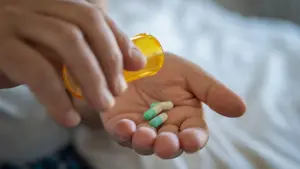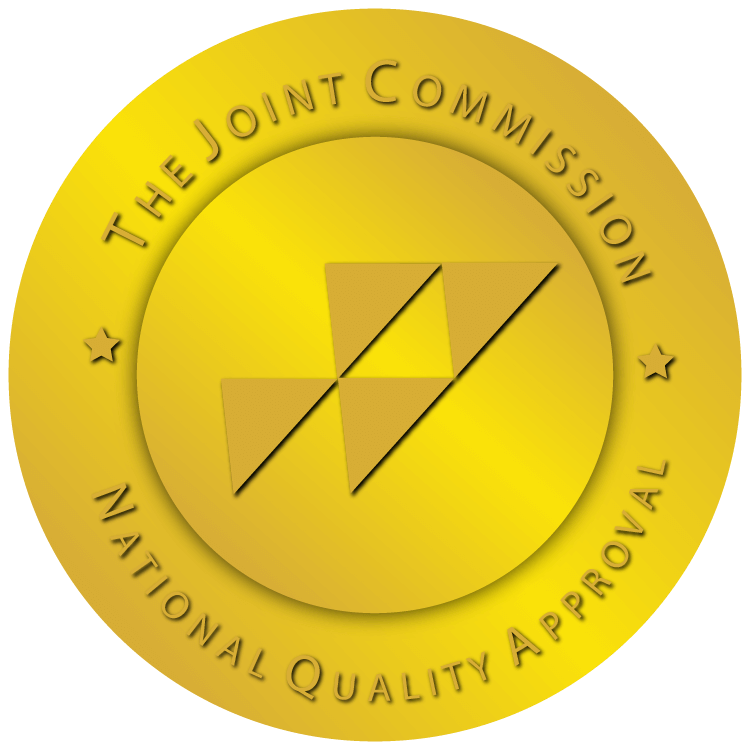What is nitrous oxide (NOS)? Often known as “laughing gas,” or “galaxy gas,” nitrous oxide is a colorless gas with a slightly sweet smell, commonly used in medical and dental settings for its anesthetic effects. However, it has increasingly gained notoriety for recreational use, leading to substance misuse and, in some cases, addiction. Though not as widely discussed as alcohol or opioid addiction, NOS abuse poses serious risks and can contribute to the cycle of substance use disorder (SUD).

What is Nitrous Oxide and How is it Used?
Nitrous Oxide Basics: From Medical Use to Recreational Abuse
Nitrous oxide is widely used by dentists and doctors as a sedative due to its calming effects. When administered by medical professionals, it is safe and well-controlled. However, in non-medical settings, people often inhale NOS via whipped cream chargers (commonly referred to as “whippets”), balloons, or pressurized canisters. Recreational users seek a quick euphoric effect, often feeling lightheadedness, laughter, or mild hallucinations. Despite its perception as a “harmless high,” misuse can cause both physical and psychological harm.
For more on nitrous oxide’s chemical properties and history, this encyclopedia entry from Britannica provides valuable insights.
How Nitrous Oxide Links to Substance Use Disorder
While NOS may not cause physical dependency like opioids or alcohol, its misuse often occurs alongside other substances, contributing to a pattern of polysubstance abuse. Many people using nitrous oxide recreationally may also engage in binge drinking or other drug use, increasing the likelihood of developing a substance use disorder. This combination can magnify the risks associated with NOS and accelerate the journey toward addiction.
Signs, Side Effects, and Risks of Nitrous Oxide Abuse
Signs Someone is using (inhaling or huffing) NOS
Recognizing NOS misuse early is key to intervention. Some common signs include:
- Empty whippet cartridges or NOS canisters in personal spaces.
- Unexplained euphoria or bouts of laughter.
- Disorientation, confusion, or lightheadedness.
- Frequent nosebleeds or respiratory issues from inhalation.
- Decline in attention span or coordination.
When paired with alcohol or other drugs, these signs may be more pronounced, and dangerous health outcomes become more likely.
The Dangers: Short-Term and Long-Term Side Effects
In the short term, abusing NOS can cause dizziness, headaches, nausea, numbness, and impair your motor function. More severe reactions may include hallucinations, unconsciousness, and oxygen deprivation (hypoxia). Long-term abuse can result in vitamin B12 deficiency, nerve damage, memory loss, and, in extreme cases, death.
The Alcohol and Drug Foundation outlines additional health risks associated with nitrous oxide misuse.
Seeking Help for Nitrous Oxide or Polysubstance Use
When to Get Help
If you or a loved one is showing signs of NOS misuse or engaging in risky patterns of polysubstance use, it may be time to seek professional help. NOS misuse is often under-reported, but the risks are real. Don’t wait for long-term damage to occur—early intervention is critical.
Treatment Options for Substance Use Disorder
Comprehensive treatment for nitrous oxide misuse typically involves counseling, behavioral therapy, and, in some cases, inpatient or outpatient rehab. Many addiction recovery programs are tailored to address polysubstance use, helping individuals overcome patterns involving NOS and other drugs or alcohol.
The National Center for Biotechnology Information (NCBI) provides additional research on nitrous oxide’s effects and treatment considerations.
Conclusion: Taking the Next Step Toward Sobriety
Nitrous oxide misuse may seem harmless to some, but the risks it presents are significant. From neurological damage to dangerous patterns of polysubstance abuse, its use can escalate quickly. If you or someone you care about is struggling with substance use disorder, it’s important to reach out for help. Sobriety is possible with the right support and treatment plan in place.
If you or a loved one are seeking recovery, contact us today!













